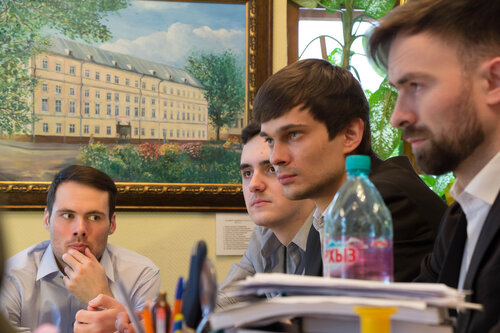FACT 6
But by 1250, French began to lose its prestige. King John had lost Normandy to the French in 1204, and after him, King Edward I spoke only English. At this time, many foreigners entered England which made the nobility feel more "English" and so encouraged more use of the English language. The upper class tried to learn English, but they did still use French words sometimes, which was considered somewhat snobbish. French still maintained its prestige elsewhere, and the upper class did not want to lose it completely. Nevertheless, the Hundred Year's War (1337-1453) intensified hatred of all things French. The Black Death also played a role in increasing English use with the emergence of the middle class. Several of the workers had been killed by the plague, which increased the status of the peasants, who only spoke English. By 1362, the Statute of Pleading (although written in French) declared English as the official spoken language of the courts. By 1385, English was the language of instruction in schools. 1350 to 1400 is known as the Period of Great Individual Writers (most famously, Chaucer), but their works included an apology for writing in English.
......to be continued.......





